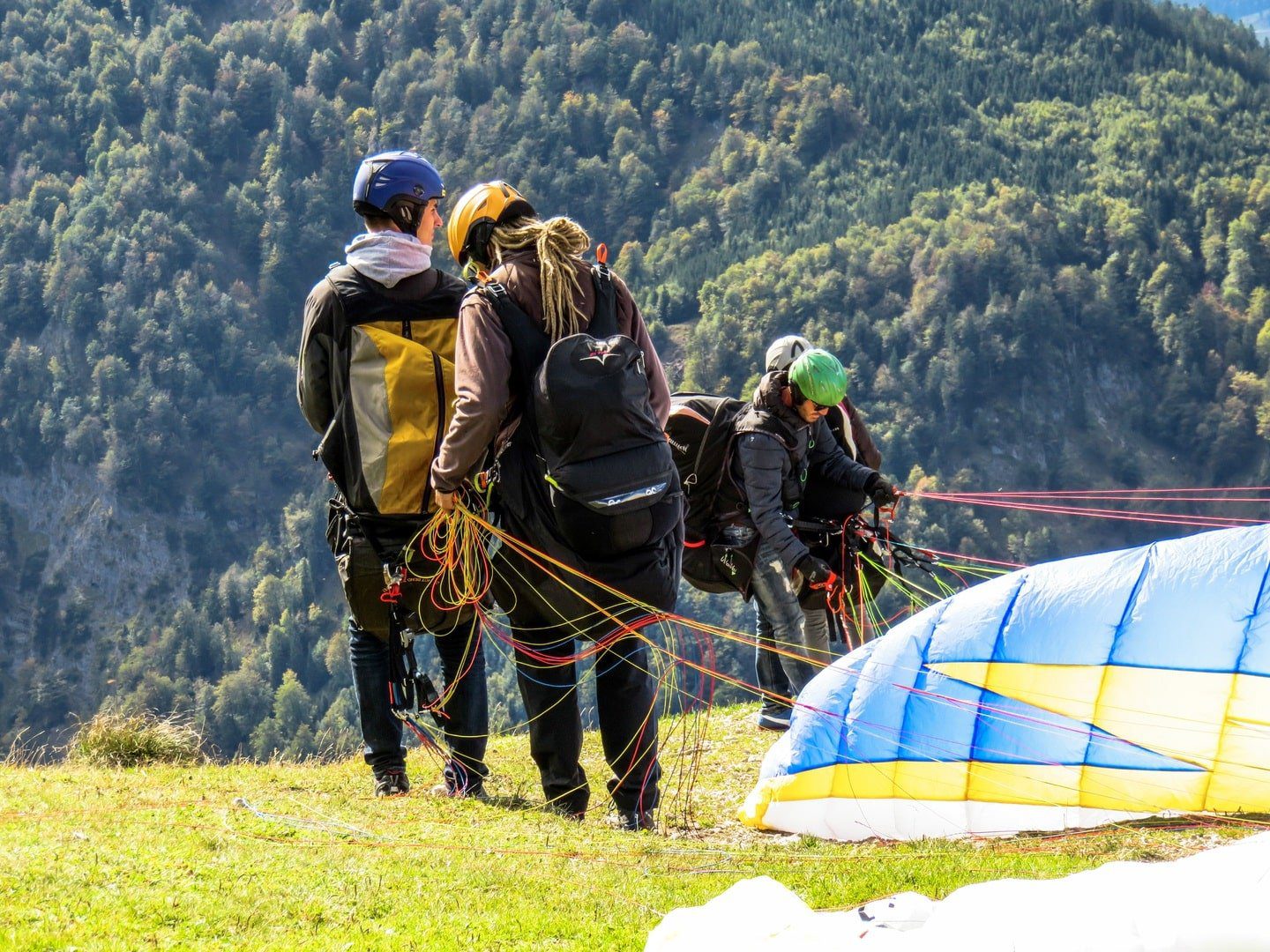
In recent years, Nepal has found itself entangled in the web of international conflicts, with its citizens recruited as mercenaries in various war zones across the globe.
Among the most harrowing of these deployments is the involvement of Nepali soldiers in Ukraine’s conflict, where they serve as mercenaries for the Russian army.
The involvement of Nepali mercenaries in Ukraine’s conflict traces back to recruitment efforts orchestrated by agents operating in Nepal and abroad.
With promises of lucrative salaries, benefits, and even citizenship, these agents entice young Nepalis with dreams of a better life in Europe.
[adinserter name="One"]Many recruits, disillusioned by economic hardships and lack of opportunities at home, see the opportunity to serve in foreign armies as a pathway to escape poverty and provide for their families.
The recruitment process for Nepali mercenaries typically begins through various channels, including social media platforms like TikTok, where agents actively target vulnerable individuals seeking employment opportunities abroad.
Prospective recruits are lured with promises of high salaries, bonuses, and other incentives, painting an enticing picture of life as a soldier in a foreign land.
[adinserter name="Two"]Despite the risks involved, the allure of financial stability and the prospect of a better future often outweigh the perceived dangers of joining a conflict thousands of miles from home.
For those who embark on this perilous journey, the path to Ukraine is uncertain and dangerous.
Many recruits travel to Russia first, where they are received by local agents who facilitate their entry into the country and connect them with recruiters from the Russian army.
[adinserter name="Three"]From there, they undergo minimal training before being deployed to the frontlines in Ukraine, ill-prepared and inadequately equipped for combat.
Life as a Nepali mercenary in Ukraine’s conflict is marked by hardship, fear, and disillusionment.
Many soldiers receive little to no training before being thrust into battle, relying on instinct and sheer luck to survive.
[adinserter name="Four"]The harsh winter conditions and the constant threat of enemy fire take a toll on their physical and mental well-being.
Despite their sacrifices, Nepali mercenaries often find themselves relegated to menial tasks and used as expendable pawns by their Russian commanders.
Amidst the chaos of war, some Nepali mercenaries attempt to escape the clutches of the Russian army, risking their lives in search of freedom.
[adinserter name="Five"]However, these attempts are often thwarted by tight security measures and the vigilance of Russian border patrols.
Those caught face harsh consequences, including imprisonment and confiscation of their passports, leaving them trapped in a foreign land without escape.
[adinserter name="Six"]As the conflict in Ukraine rages on, Nepali families are left grappling with the uncertainty of the fate of their loved ones serving as mercenaries abroad.
Calls for repatriation and justice grow louder, with families demanding that the Nepali government intervene to bring their sons and daughters home safely.
[adinserter name="Seven"]However, diplomatic efforts yield limited results, leaving many families to languish in anguish and despair.
The plight of Nepali mercenaries in Ukraine’s conflict serves as a stark reminder of the human cost of war and the exploitation of vulnerable individuals for political gain.
[adinserter name="Eight"]Only through concerted efforts and collective action can we hope to end the suffering of those affected by war and conflict worldwide.






